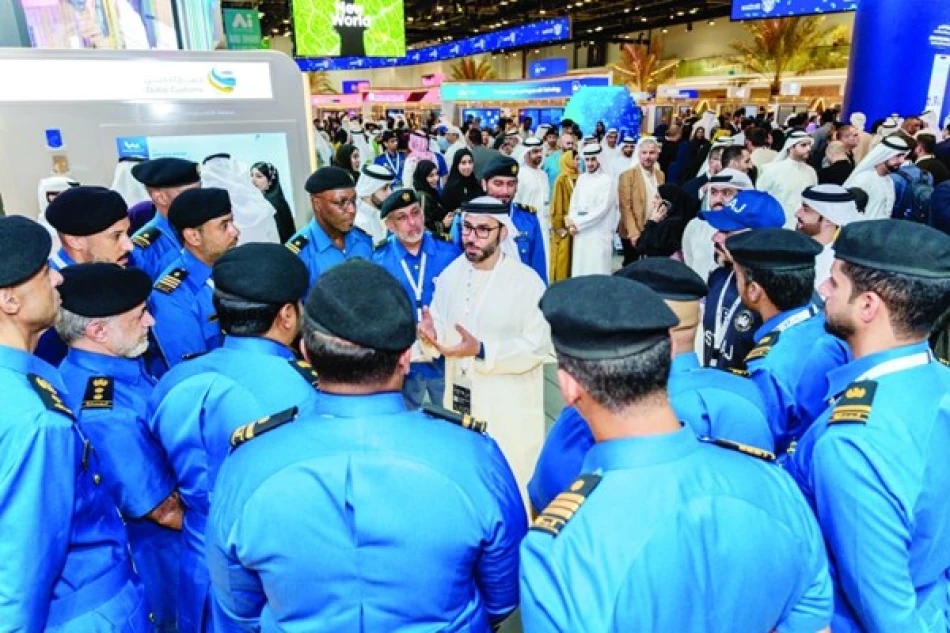
Dubai Customs Leverages AI and Big Data to Enhance Decision-Making Processes
Dubai Customs wrapped up its participation at GITEX Global 2025, showcasing digital projects that align with Dubai's economic agenda and position the emirate as a global trade hub. The showcase attracted government officials, private sector representatives, and diplomatic delegations who got a firsthand look at how artificial intelligence and automation are reshaping customs operations.
The Dubai Customs pavilion featured AI systems for customs data analysis, smart automation platforms for inspections, and advanced digital solutions for customs monitoring. These aren't just tech demos – they're working systems designed to speed up cross-border trade while maintaining security standards.
The department also demonstrated how big data and AI support decision-making processes, alongside sustainability initiatives that fit Dubai's circular economy goals. This matters because efficient customs operations directly impact trade volumes and business costs in one of the world's busiest commercial centers.
For businesses and logistics companies, these developments signal faster processing times and reduced bureaucratic friction. Dubai handles massive cargo volumes through its ports and airports, so even small efficiency gains translate to significant economic benefits.
The initiative supports Sheikh Mohammed bin Rashid Al Maktoum's vision for a digital government that anticipates future needs rather than just responding to current ones. This forward-thinking approach helps explain why Dubai consistently ranks high in global competitiveness indices.
Dubai Customs used the event to sign several memorandums of understanding focused on sustainability and environmental governance. These partnerships aim to advance technical progress in inspection processes and customs procedures, supporting the broader D33 economic agenda that targets doubling Dubai's economy by 2033.
The focus on smart customs systems reflects a broader trend where governments use technology to maintain their competitive edge in global trade. Countries with efficient customs operations tend to attract more international business, creating a direct link between technological investment and economic growth.
Most Viewed News

 Layla Al Mansoori
Layla Al Mansoori






